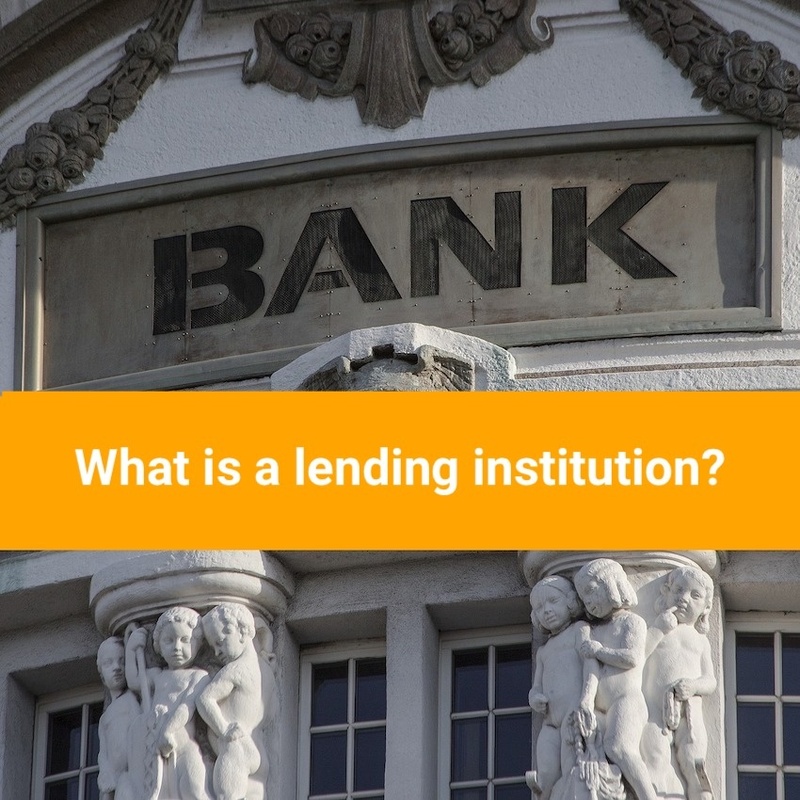


A lending institution is an organization that provides various types of loans, such as personal, home, car, business, and debt consolidation loans, based on the borrower’s creditworthiness. These institutions charge interest rates reflecting the risk of bad debt, and borrowers must agree to specific repayment terms. Lending institutions are categorized into depository institutions like commercial banks, internet banks, savings and loans, and credit unions, which hold customer deposits and provide fund transfer services, and non-depository institutions like brokerage firms, which don’t hold deposits but offer services like margin loans. Each type of institution offers different services and loan conditions
There are several ways to get the money you need to start or grow your business, buy a car, or see you through a downtime. When all is said and done, a trusted lending institution is what most people turn to.
A lending institution is an organisation that grants loans (such as personal loans, homes, car loans, debt consolidation loans, business loans, rent loans and loan facilities) to individuals and corporate entities based on the borrower’s creditworthiness. The types of loans offered depend on the structure of the financial institution.
An interest rate is charged on the funds according to the risk the lender has to bear – the higher the chances of running a bad debt, the higher the cost of the loan. Other fees may also apply.
The borrower agrees to certain repayment terms as stipulated in a contract.
However, not all lending institutions are focused on making a profit. Some, such as credit unions, are non-profit and offer funds to their members at a low cost.
Different lending institutions specialise in different services and have varied conditions for giving out capital.
Therefore, we’ll take a look at some of them so that you can make an informed choice when going for a loan.
Lending institutions can be broadly grouped into depository and non-depository institutions.
A depository institution holds deposits from its customers for safekeeping and provides fund transfer services. They use the pooled cash to offer loans and make other investments. Examples include commercial banks, internet banks, savings and loans, and credit unions.
Non-depository lending institutions do not hold deposits. Brokerage firms are a good example.
Other types of lending institutions include home companies and payday loan companies.
It is important to choose the right kind of lending institution when going for a loan.
Take the time to find out the type of loan that will suit your needs and make sure you compare the fees, interest rates, interest compounding, and the terms and conditions stipulated in the loan agreement.
Considering all your options will enable you to get the best rates and avoid running into problems that may affect your credit history.
₦10,000 Loan ● ₦20,000 Loan ● ₦30,000 Loan ● ₦40,000 Loan ● ₦50,000 Loan ● ₦100,000 Loan ● ₦200,000 Loan ● ₦300,000 Loan ● ₦500,000 Loan ● ₦1 Million Loan ● ₦3 Million Loan ● ₦5 Million Loan ● ₦6 Million Loan
● Online Loan ● Emergency Loan ● Payday Loan ● Debt Consolidation ● ● Rent Loan ● Travel Loan